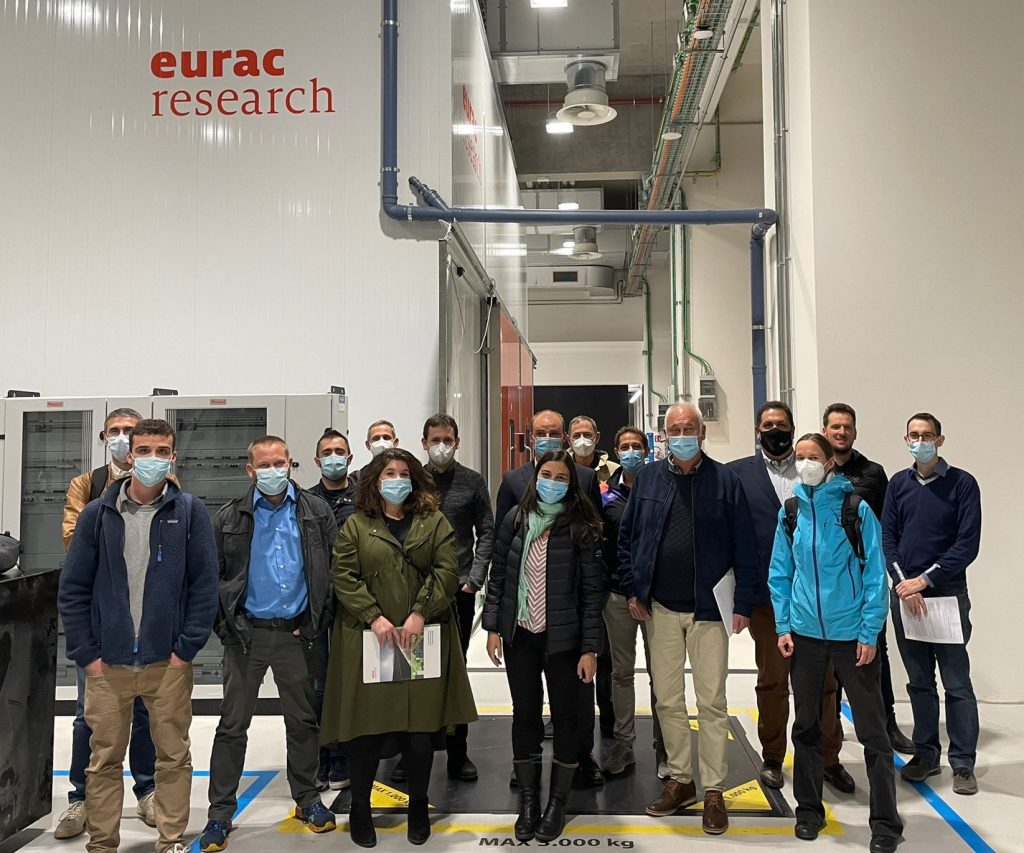Optimizing Heat Pump Systems with Thermal Energy Storage: A Groundbreaking Advancement in the HAPPENING Project
The European project HAPPENING is an innovative initiative aimed at transforming the way we manage energy in homes. This project brings together a consortium of leading companies in technology and sustainability with the goal of developing more efficient and sustainable solutions for residential heating and cooling. One of the consortium’s members, EURAC, has taken a significant step towards achieving this goal by publishing an article titled “A dynamic programming based method for optimal control of a cascaded heat pump system with thermal energy storage” on “Optimization and Engineering”
Optimizing Heat Pump Systems with Thermal Energy Storage: A Revolutionary Breakthrough
The electrification of the residential heating and cooling sector has been on the rise, with an increasing adoption of electrically driven heat pump systems in combination with thermal and electrical energy storage systems. These developments contribute to a greater use of renewable energy and reduce carbon emissions in the sector. However, to fully harness the potential of this technology, it is crucial to have smart control of these systems that can anticipate future renewable energy availability and the corresponding heat pump system performance.
The article published by EURAC addresses this challenge by presenting an innovative modeling framework that includes reduced-order models (ROM) of the main components of a heat pump substation (i.e., the heat pump and the thermal energy storage system—TES). What makes this approach special is its suitability for use in dynamic programming (DP). These ROM models have been designed to include significant physical operating constraints, such as the variable speed of the heat pump compressor and the non-linear dependence of the coefficient of performance (COP) on outdoor and distribution temperature. At the same time, the number of state variables that the optimizer needs to manage is minimized, including TES temperatures and the thermal and electric capacity of the heat pump.
Key Benefits and Practical Applications
The application of this approach to an exemplary heat pump system yielded remarkable results. The system models developed compared remarkably well with detailed reference models used on the TRNSYS platform. Optimization using dynamic programming enabled significant cost savings, resulting in a 13% reduction in energy consumption compared to conventional rule-based control.
This breakthrough is more than just a scientific publication; it represents a revolutionary step towards transforming residential heating and cooling in Europe and beyond. The ability to intelligently optimize heat pump systems with thermal energy storage has the potential to significantly reduce energy consumption, decrease carbon emissions, and ultimately make homes more energy-efficient and cost-effective
Conclusions
The article published on Optimization and Engineering demonstrates the importance of dynamic programming as an approach for intelligent control of heat pump systems with thermal energy storage. This advancement has a significant impact on the HAPPENING project, as it paves the way for more efficient and sustainable residential heating and cooling systems. As we continue to move toward a more sustainable future, this type of innovation is essential to meet our goals of reducing carbon emissions and promoting energy efficiency in European homes. The HAPPENING project takes pride in having companies like EURAC leading the way towards a cleaner and more sustainable future in the residential heating and cooling sector.



